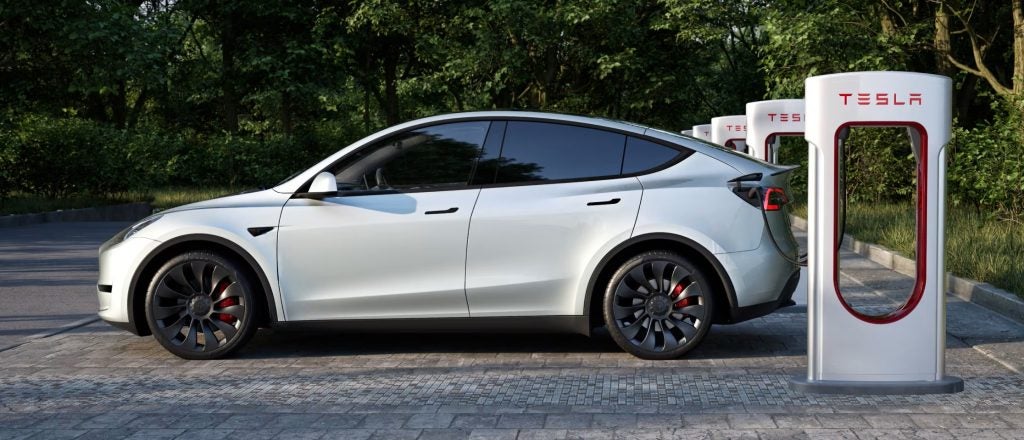Shares in South Korea’s main electric vehicle (EV) battery manufacturers plunged by over 10% on average on Friday on reports that US President-elect Donald Trump plans to scrap federal battery electric vehicle (BEV) tax incentives under the Inflation Reduction Act (IRA) when he takes office in January.
The incentives, introduced by the Biden administration in 2022, offer buyers of battery electric vehicles (BEVs) tax incentives worth up to US$7,500 per vehicle. The withdrawal of the purchase incentives would be a major setback for the growth outlook for North America’s BEV industry, with vehicle manufacturers and suppliers having already committed billions of US dollars to transition to zero-emission vehicles.
BEV sales in the country are already well behind what industry analysts had predicted, which is allowing Chinese manufacturers to establish a strong early lead in this all-important segment of the global vehicle market.
South Korean battery manufacturers including LG Energy Solution, Samsung SDI and SK On, saw their share prices plunge by 10% on average on Friday before staging a moderate recovery on Monday. Key battery materials suppliers including Posco Future M, EcoPro Materials and L&F also saw their share prices plunge by between 10% and 15%.
The South Korean battery industry is estimated to have invested over US$50bn in establishing a battery supply chain targeted at the North American BEV market, with content designed to comply with the requirements of the IRA programme.
Reports last week suggested that Donald Trump’s transition team plans to scrap federal BEV tax incentives, a move understood to be supported by Tesla - with the idea that it would hurt its rivals more. The transition team is also looking to abolish the advanced manufacturing production credit (AMPC), a tax benefit targeted at battery manufacturers.
The new government is understood to be looking to introduce new policies that would also support traditional US automakers including General Motors and Ford, which have scaled back some of their BEV plans in recent months, to allow them more time to transition to zero-emission vehicles.
Hyundai Motor Group’s new plant in Georgia, which began partial operations in October, was originally designated as a pure BEV production facility - but the automaker recently decided to also produce hybrid vehicles there due to slower-than-expected growth in local BEV demand.
A spokesperson at one of the South Korean battery manufacturers told reporters on Friday: “We need to find long-term survival measures while minimizing short-term damage.”









